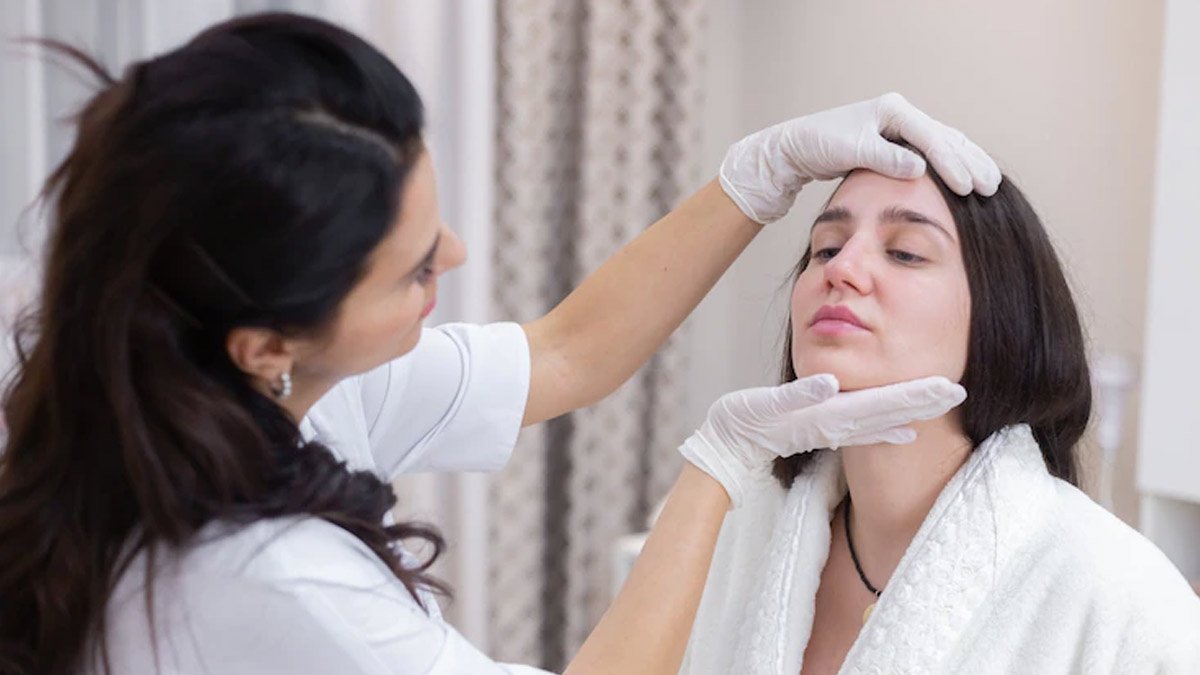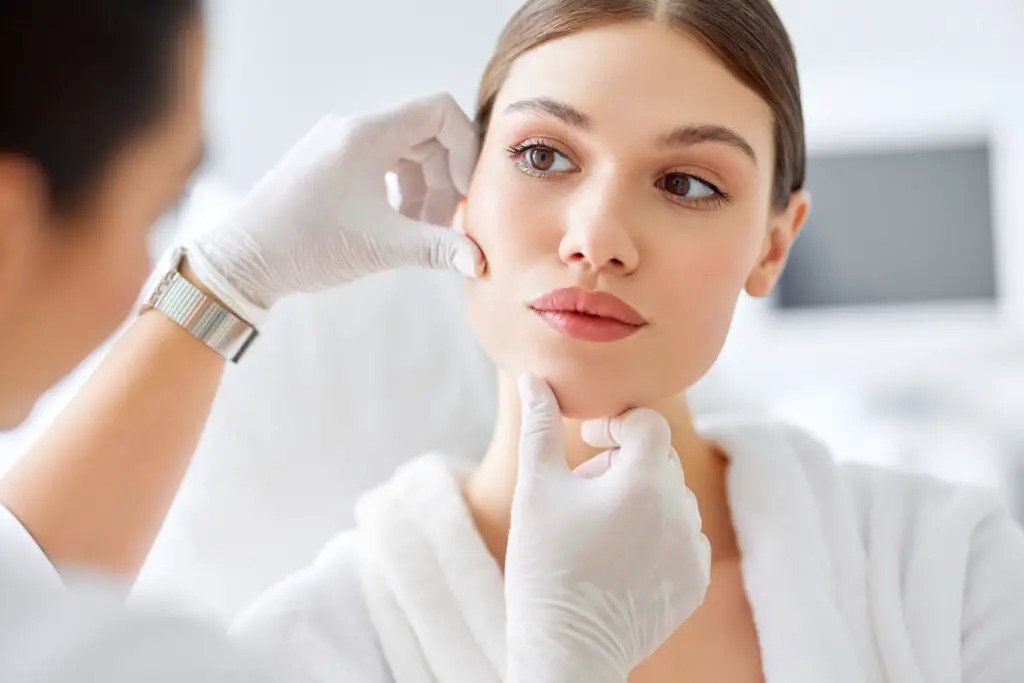What is the Biggest Trigger for Psoriasis? Shocking Insights Inside
Understanding psoriasis is crucial for beauticians, as this common skin condition significantly affects clients' skin health and overall confidence. Knowing what is the biggest trigger for psoriasis can help you provide better advice and care. This article dives deeply into the factors upsetting your clients' skin, offering extraordinary insight into this life-changing condition.

Understanding Psoriasis
Psoriasis is an autoimmune skin disorder that accelerates the growth cycle of skin cells, causing them to build up rapidly on the surface of the skin. This buildup leads to the formation of scales and red patches that can be itchy and sometimes painful. Beauticians should be aware that psoriasis can manifest in different forms, such as plaque psoriasis, guttate psoriasis, inverse psoriasis, and others. Each type has unique triggers that can worsen the condition.
What Triggers Psoriasis?
The most significant aspect of psoriasis stems from various triggers. Here's a comprehensive list of some well-known factors that can kickstart or exacerbate flare-ups:
- Stress
- Weather changes, especially cold or dry climates
- Skin injuries, including cuts, scrapes, or sunburns
- Infections, especially streptococcal throat infections
- Medications, particularly those that can provoke psoriasis symptoms, such as lithium and beta-blockers
- Alcohol and tobacco use
- Poor diet and obesity
Understanding each of these factors is vital for beauticians aiming to help clients manage their conditions more effectively.
Stress: A Major Trigger
Among all the factors influencing psoriasis, stress tops the list as one of the biggest triggers. Stress can provoke flare-ups and exacerbate existing symptoms, making it vital for those working in the beauty industry to address this with their clients. Encouraging relaxation techniques, such as mindfulness, yoga, and adequate sleep, can make a remarkable difference.
The Role of Weather
Weather plays a critical role in affecting skin conditions, including psoriasis. Cold and dry weather can lead to dry skin, which may aggravate psoriasis symptoms. Conversely, moderate sunlight exposure can be beneficial, as UV light can help alleviate symptoms. As a beautician, advising clients on the importance of skincare routines that suit seasonal changes can yield positive impacts on their skins.
Understanding Infections
Skin infections, such as strep throat or skin injuries, can trigger psoriasis flare-ups quite unexpectedly. It is essential for beauticians to remind clients about maintaining good hygiene and addressing any infections promptly before they escalate. Further information on skincare considerations can be found in this detailed article on how psoriasis starts.
The Impact of Diet
Poor dietary choices can also worsen psoriasis symptoms. A diet high in sugar and saturated fats can lead to inflammation, and given the nature of psoriasis as an autoimmune disorder, this exacerbation can be problematic. Encouraging a diet rich in fruits, vegetables, and whole grains can help manage psoriasis, resulting in better skin health.
The following links provide more useful information on treating psoriasis: best medicine for psoriasis and what to use for psoriasis in ears.
The Connection Between Lifestyle Choices and Psoriasis
A lifestyle that includes excessive alcohol consumption and smoking has shown to contribute to the severity of psoriasis symptoms. Beauticians can play a pivotal role by discussing these lifestyle choices and offering alternative options. Clients often seek advice on everything from skincare to lifestyle adjustments, making it essential to provide clear insights.
Genetics and Family History
The genetic component of psoriasis cannot be ignored. A family history of psoriatic disease increases the likelihood of developing the condition. Understanding how this predisposition influences your client's situation can help tailor your approach toward their skincare and overall health.
Emotional Impact of Psoriasis
Psoriasis can significantly affect mental well-being, leading to issues like depression and anxiety. As a beautician, it is vital to adopt a holistic approach to your clients. This can include offering emotional support and understanding the psychological impact of visible skin conditions. Open discussions with clients can empower them and create a positive environment for addressing their concerns.
What Should Beauticians Keep in Mind?
Beauticians play an essential role in understanding that each client's experience with psoriasis is unique. Being aware of triggers will allow you to provide personalized advice. Here are key takeaways:
- Open Communication: Encourage clients to discuss their psoriasis openly.
- Customized Skincare Routines: Suggest tailored products that consider their specific triggers.
- Educate Clients: Share knowledge about psoriasis and its potential treatment options, including links like Healthline's overview on psoriasis.
- Promote Healthy Lifestyle Choices: Recommend a balanced diet, stress management techniques, and the importance of avoiding smoking and excessive drinking.
Conclusion
In summary, understanding what is the biggest trigger for psoriasis is vital for beauticians committed to helping clients manage their skin conditions effectively. Emphasizing communication, education, and personalized skincare routines can lead to improved client outcomes, making a tremendous difference in their overall esteem and well-being.

FAQs
1. Can stress really trigger a psoriasis flare-up?
Yes, stress is one of the most significant triggers for psoriasis flare-ups, and managing it can be crucial in controlling symptoms.
2. How can diet affect psoriasis?
A poor diet can lead to increased inflammation, resulting in more severe psoriasis symptoms. A balanced diet can help mitigate these effects.
3. Should I avoid sun exposure if I have psoriasis?
While excessive unprotected sun exposure is harmful, moderate UV exposure can actually help with psoriasis symptoms. Always consult with a dermatologist before making significant changes to sun exposure.

